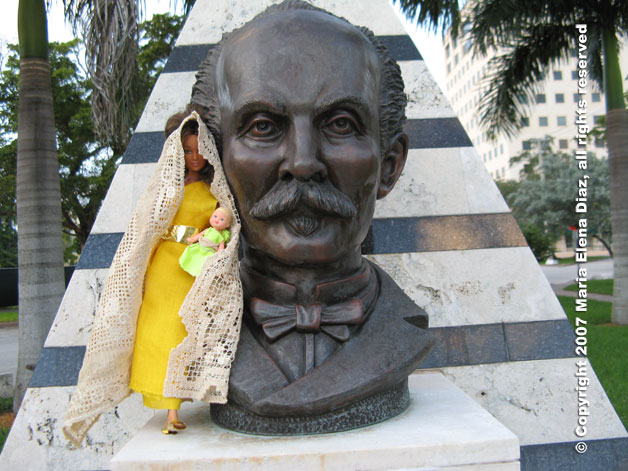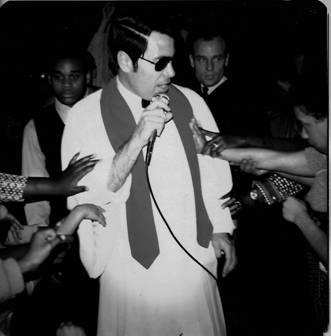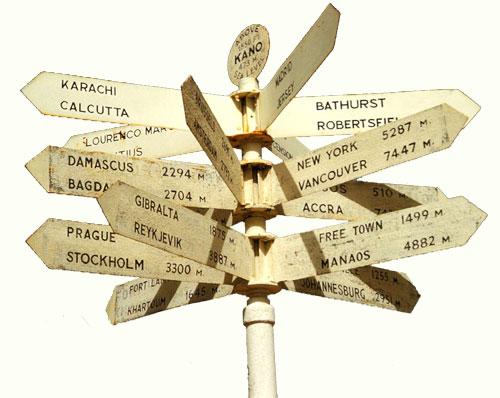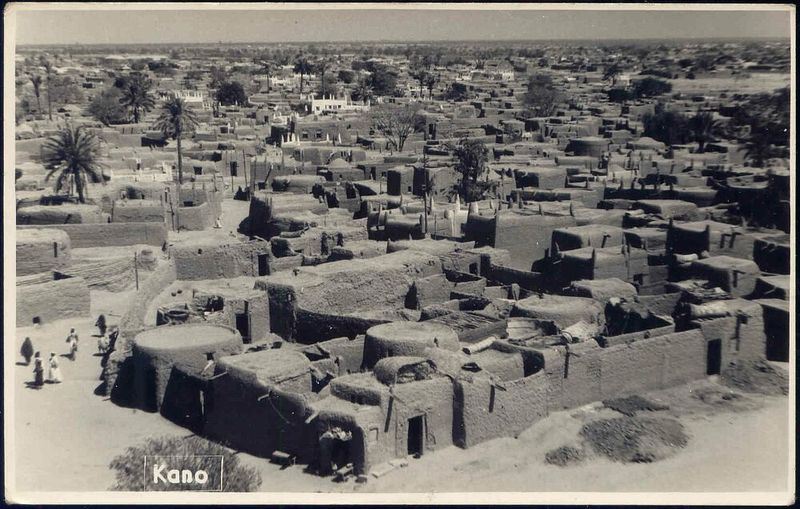The Pope Has Left the Island
By Nora Connor
Pope Benedict completes his pilgrimage to Cuba today, having wrapped up his “pastoral” visit to Mexico, in which he tidily summarized that nation’s struggles with the drug war-industrial complex:
The pope also addressed Mexico’s struggle against violence on the plane trip here from Rome, where he blamed the “idolatry of money” for drawing young people into lives of crime. In a brief speech at the airport here, he also said he was praying for “those who suffer because of old and new rivalries, resentments and all forms of violence.”
And yet, the pope’s approach — framing Mexico’s violence as a personal moral failing — perfectly matches that of President Calderón, a devout Catholic. That message, experts say, will help shift the debate away from policy, and complaints about how the Calderón administration has managed the fight against drug cartels that has led to 50,000 deaths since late 2006.
In Cuba, things are a bit different, if only in the sense that more people have more things to say about the papal visit to the formerly atheist island nation. Continue Reading →




